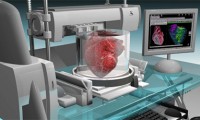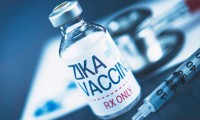-
Agilent’s new Software Foremost to Support Allotrope Data Format for Pharmaceutical Industry
- Source: BusinessInsider
- 854
- August 11, 2018
-
Cannabis Compound may Augment Survival in Pancreatic Cancer
- Source: MedicalNewsToday
- 706
- August 11, 2018
-
Novo Nordisk Observes Lower 2019 U.S. Prices as Sales Fall
- Source: Reuters
- 870
- August 10, 2018
-
OpenEMR Addresses Security Flaws that Pose Risk to Millions of Patient Records
- Source: HealthcareIT News
- 949
- August 10, 2018
-
$700K Granted to Bot M.D. for International, Doctor-Interactive AI Chatbot App
- Source: MobiHealthNews
- 1,332
- August 10, 2018
-
Blockchain to be the Solution to China’s Vaccine Production Data Problem?
- Source: FiercePharma
- 1,585
- August 10, 2018
-
Researchers Suggest Heat Shock Proteins as Biomarkers for Bipolar Disorder
- Source: MdLinx
- 1,011
- August 10, 2018
your submission has already been received.
OK
Subscribe
Please enter a valid Email address!
Submit
The most relevant industry news & insight will be sent to you every two weeks.













